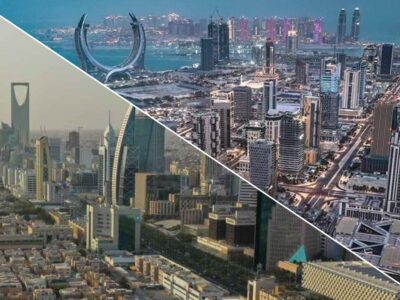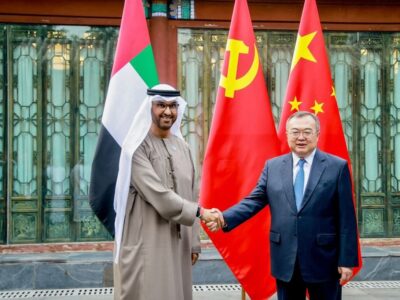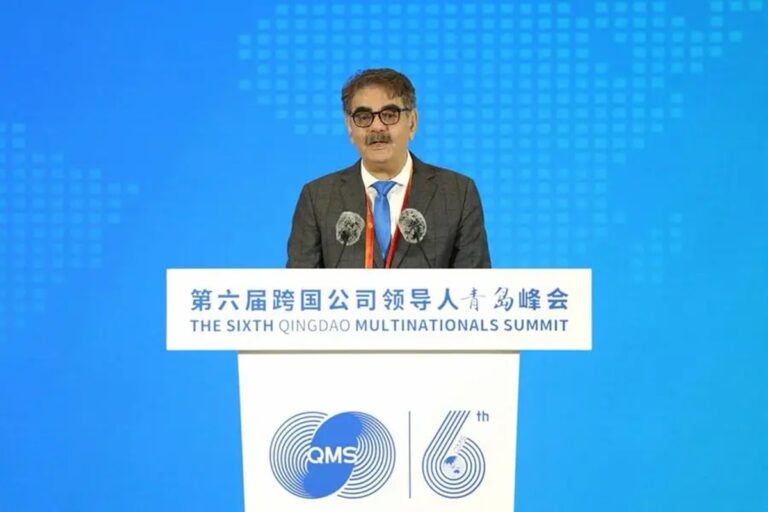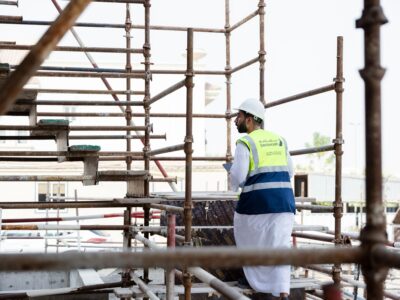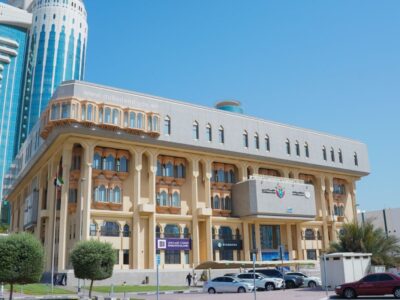The UAE and China have unveiled the Qingdao Overseas Integrated Service Centre (QOISC) at the China-Arab Business Forum in Qingdao, marking a major step to deepen economic ties and accelerate the record $400bn trade between China and the Arab world.
Organised by the Qingdao Municipal People’s Government and CHIMENA Business Council, and co-hosted by China’s Ministry of Commerce and Shandong Province, the forum showcased the deepening of historic trade links that date back over 2,000 years via the Silk Route.
Qingdao Overseas Integrated Service Centre boosts UAE-China trade
- QOISC established by SEPCOIII Electric Power Construction Co. Ltd. and Hisense Group to serve as a new bridge for China–Arab cooperation
- Aims to boost two-way trade, which exceeded $400bn in 2024 (up from $36.7bn in 2004)
- 40 projects worth $5.93bn signed across high-end equipment, new energy, new materials and next-gen IT
- More than 15,500 Chinese firms have invested over $6bn in the UAE
- Bilateral trade in 2024: Saudi Arabia $107.53bn; UAE $101.838bn (7.2 per cent year-on-year growth)
- Forum drew 465 multinational companies, including 135 Fortune Global 500 firms, under the theme “Innovation-Driven, Mutually Beneficial”
Mohammed Saqib, Secretary-General of CHIMENA Business Council said: “The launch of the Qingdao Overseas Integrated Service Centre (QOISC) is a significant move that will play a significant role in accelerating the $400bn trade between the two growing economic blocks.
“The QOISC combines the strength of the public and private sector to push for greater economic cooperation that will bring not only the businesses, but also the peoples of these regions closer through trade, tourism and cultural cooperation.”
China’s engagement with Arab states is viewed as a strategic move to diversify partnerships and reduce reliance on any single power, particularly the United States.
Chinese companies are increasingly involved in various sectors in Arab countries, including energy, infrastructure, manufacturing, and new energy.
Chinese companies are participating in infrastructure projects like ports and industrial zones, contributing to the development of trade hubs in the region.

